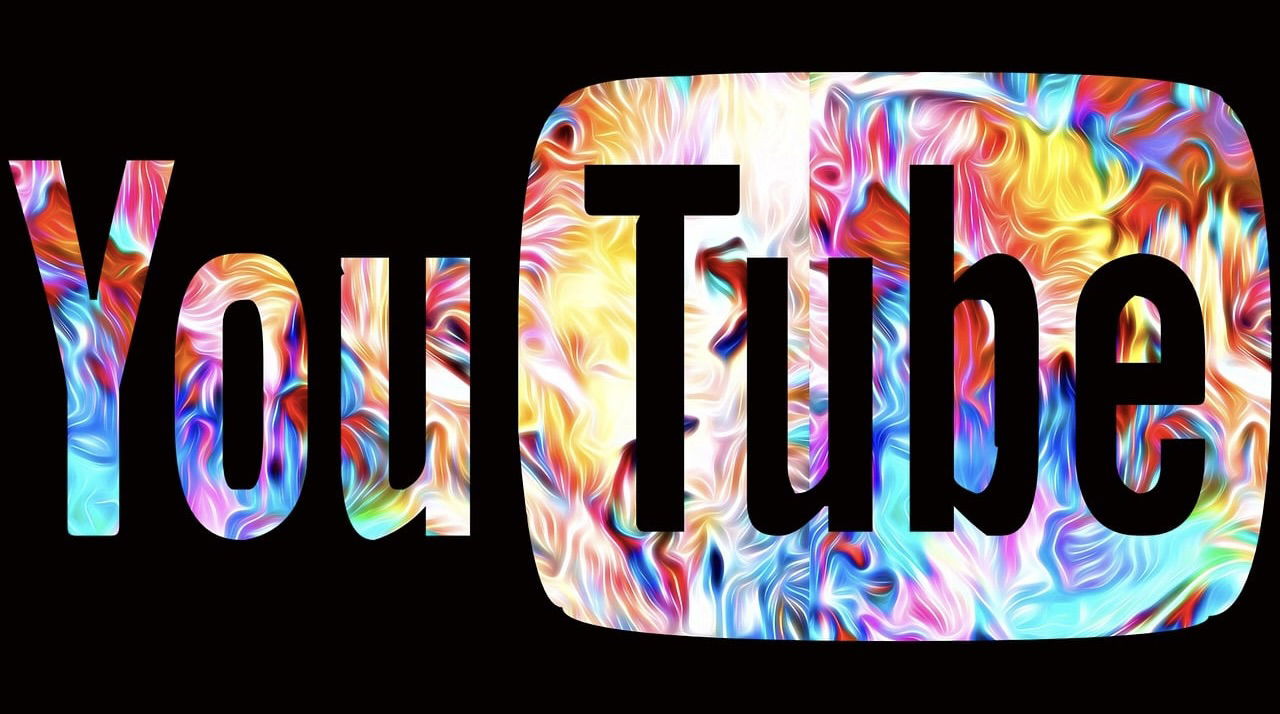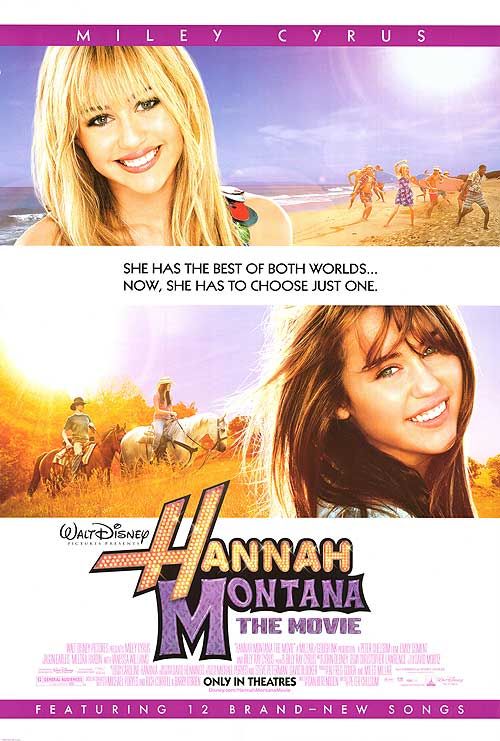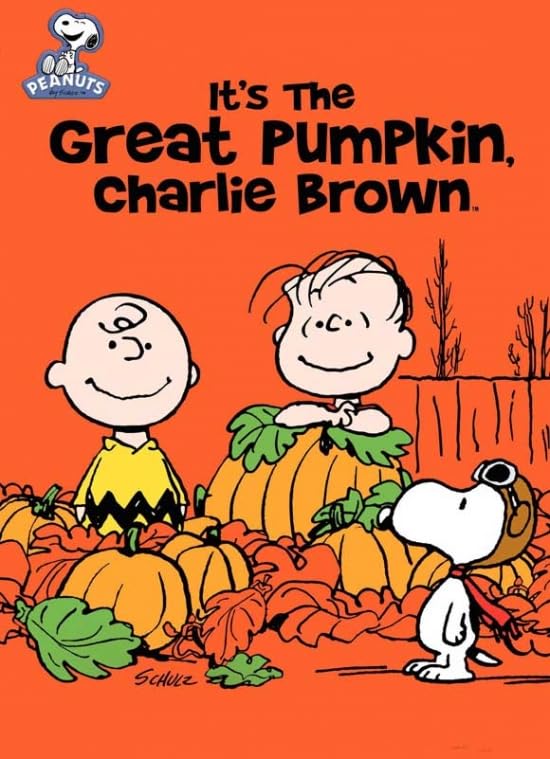
By Michaela Gordoni
YouTube rolled out an AI age verification function on Wednesday that will automatically restrict content for users it determines to be under 18 in the U.S.
The tool assesses users’ ages based on their activity, regardless of the birthday they’ve entered in their account, Variety reported.
If YouTube inaccurately estimates an age, users will “have the option to verify your age (through government ID, selfie, or a credit card) if you believe our age estimation model is incorrect.”
The rollout will cover a “small set of users” in the U.S. to estimate their age, “so that teens are treated as teens and adults as adults,” James Beser, senior director of product management for YouTube’s youth products, wrote in a blog post.
Related: AI Comes to Your YouTube Recommendations
“This technology will allow us to infer a user’s age and then use that signal, regardless of the birthday in the account, to deliver our age-appropriate product experiences and protections,” he said.
The tool looks at users’ activity and longevity. If it determines a user is under 18, it will notify the user and implement standard protection for teen accounts.
YouTube has already used this method to estimate users’ ages in other countries, “where it is working well.”
In the U.S., YouTube will “closely monitor the user experience, and partner with Creators to ensure that the entire ecosystem benefits from this update,” Beser added.
The standard protections for teen accounts include digital well-being tools, take-a-break reminders, non-personalized ads and blocking certain videos.
It also includes “safeguards to recommendations, including limiting repetitive views of some kinds of content.”
For creator accounts, it would set uploads as private by default and restrict the ability to earn gifts on livestreams.
YouTube said some creators “may experience a shift in their audience categorized as teens (under 18). This may result in a decrease in ad revenue since we only serve non-personalized ads to those viewers.”
“YouTube was one of the first platforms to offer experiences designed specifically for young people, and we’re proud to again be at the forefront of introducing technology that allows us to deliver safety protections while preserving teen privacy,” Beser wrote. “Families trust YouTube to provide a safe and enriching experience, and we’ll continue to invest to protect their ability to explore safely online.”
In September of last year, YouTube implemented supervises accounts, which helps parent link their kids’ account on YouTube’s Family Center Hub. This allows them insights into their kids’ activity, ABC News reported.
As other social media platforms come under fire for failing to protect kids online, it’s good that YouTube is taking responsibility for the young people on its platform.
Read Next: Will YouTube’s New Livestreaming Age Requirement Protect Young Creators?
Questions or comments? Please write to us here.


 - Content:
- Content: 

